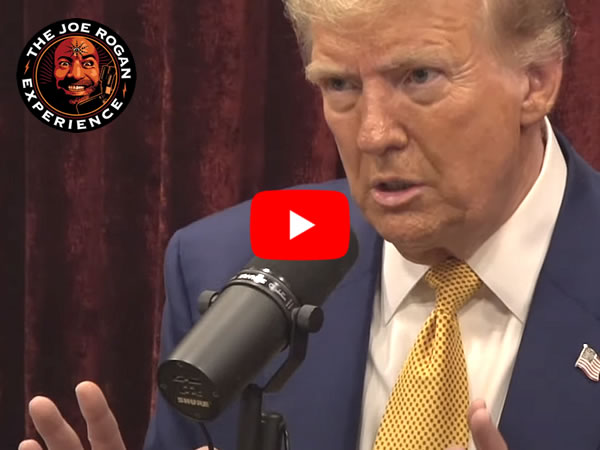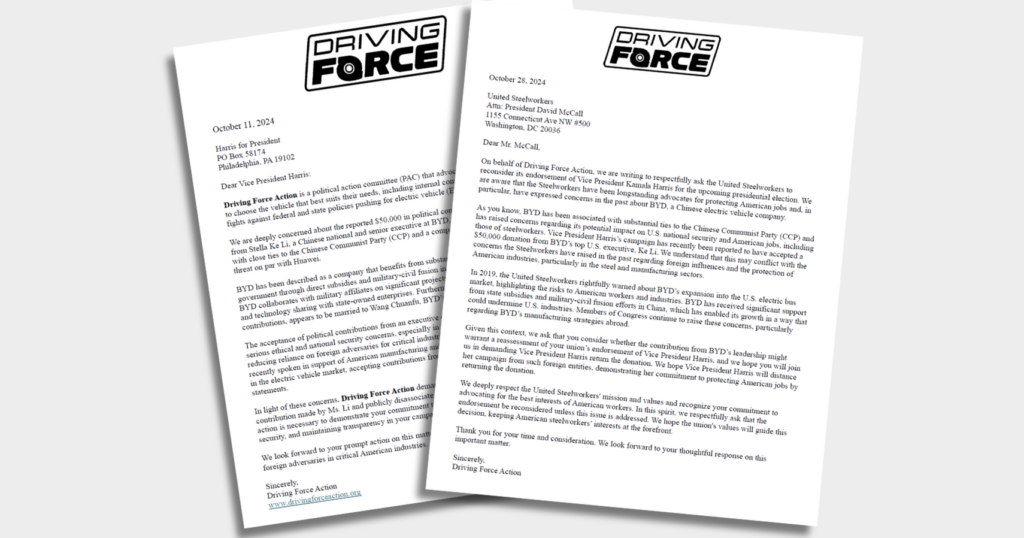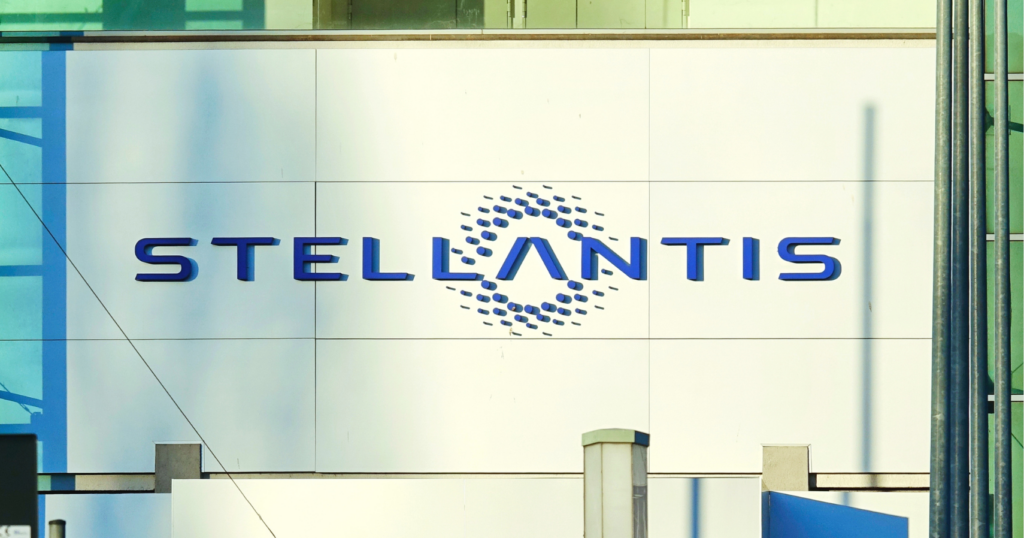Mercedes-Benz has revised its strategy on electric vehicles, moving away from its previous goal of becoming an all-EV brand by 2030. Instead, the automaker will invest heavily in the development of advanced internal combustion engines (ICE). CEO Ola Källenius emphasized that ICEs will remain relevant well into the 2030s, necessitating significant investments to meet increasingly stringent carbon emissions regulations. This pivot is partly due to the practical challenges of EV adoption, such as insufficient charging infrastructure and lower-than-expected consumer demand, issues that have similarly affected other automakers.
Despite this shift, Mercedes remains committed to achieving carbon neutrality by 2040. The company plans to invest €14 billion ($15 billion) in its passenger car division to balance advancements in both electrification (including hybrids) and digitalization, while also enhancing ICE technology to meet future emissions standards. This strategic adjustment underscores the complexities of transitioning to EVs and reflects a broader industry trend of recalibrating electrification goals amidst evolving market and regulatory landscapes.











